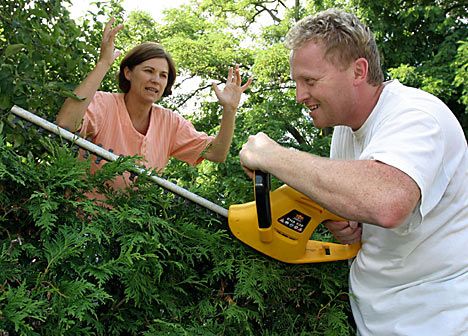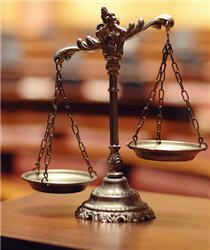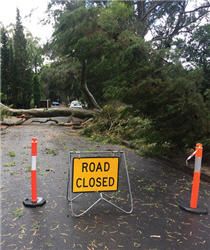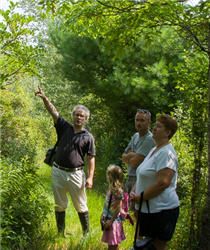If an issue relating to trees on adjoining properties, or in a public space, cannot be resolved by simply talking about it, then a chat with a professional tree inspector may be the best next step towards evaluating the risks and understanding your rights and responsibilities.

Nuisance Neighbour’s Trees Can Be a Problem If Not Dealt With Carefully
When problems arise with trees, either your own or those of your neighbour, it is best for everybody if the issue can be resolved amicably. If not, then you should seek the benefit of expert advice before proceeding.



